My grandmothers were opposites in so many ways.
One was an Iowa farm girl who’d migrated to California with her family in the 1950s. Barely 5 feet tall, she had a knack for “adopting” neighbors’ pets (they wouldn’t leave), and said things like “Oh, bless your heart” and “You little cuss.”
Rachael Bardsley and her grandson Greg in Palo Alto. (Photo courtesy of Greg Bardsley)
In her front yard, behind a white-picket fence, she’d shuffle around in used thrift-store polyester shorts and a bra covered by a see-through plastic apron. She let her bulldog Brutus lick the kitchen skillet, and she’d insist that I share my meals with him. (“Oh, Gregory, look at poor Brutus. He wants some so bad.”) When I’d sleep over, she’d feed me an assortment of sweets and let me come and go as I pleased. She had blue hair.
My other grandmother was an immigrant from Mexico. She was proper and gracious, with the most perfect posture you’d ever see, and she was thoughtful about what she wore. When I came to visit, she would rush to her small kitchen and nearly force-feed me bananas and orange juice and whole-grain toast. Her deepest worry was that someone would “steal” me, even when I was 15. Many times, we’d look at each other and start laughing for no reason at all.
Other times she’d tell me about all of her older brothers in Mexico, and how many of them had been ruined by “malas mujeres” (despite evidence that it was the brothers who were the rascals), and she was worried the same would happen to me. She didn’t like animals, but could kill a rooster if needed. She had dark hair pulled into a high bun.
As the years have passed, I’ve realized how lucky I was to have grown up near my grandmothers. Not only did they love me unconditionally, but being their grandson helped me understand that the world is not black and white. I didn’t realize it then, but I was developing an ability to see the gray in American society.
We all have a bias
Some people weren’t so lucky. As a kind of darker kid with an English surname who enjoyed exposure to both families, it was clear that some acquaintances were uncomfortable with my racial background. When I’d say I was Mexican, English and French, the response often was uneasy silence. I realize now that they didn’t know how to process the info. The world was supposed to be more digital, more of an either/or place.
As a college student, I recall cold-calling a large newspaper inquiring about internships and speaking with an editor who replied, “Only for minorities. Are you a minority?” I didn’t know how to answer, so I shared that I’m quarter Mexican. After a long silence, the editor said, “That’s not enough.”
Because I had an English surname and looked more white than Mexican, I found myself being a “fly on the wall” to unfiltered comments about race. People who didn’t know my background often shared hurtful, biased and prejudiced comments about Mexican Americans. I also was able to hear equally unfiltered comments from white people who showed tolerance, openness and respect toward Latinos.
What I learned was that blanket statements about racism in America weren’t helpful. It was clear to me that there were a lot of racists out there, and there also were a great deal of people who weren’t. Regardless of where they fell on that spectrum, every single one of them (including me) had some level of bias, both conscious and unconscious; that is, after all, the human condition. My Mexican grandmother was on the lookout for the aforementioned, nearly mythical “malas muejers,” and my Iowa-raised grandma was suspicious of people who didn’t like animals.
The one thing we all have in common is that we don’t like being labeled or feeling misunderstood. I think this is especially so of open-minded, tolerant people who are aware of (and working on) their biases but find themselves being categorized under a simple, easy-button label. While it’s annoying to be called a “tax-and-spend liberal” or a “heartless right-winger,” being called a racist (or being lumped in with those who are) scores infinitely higher on the gravity scale. It’s not cool, as we say in California. It’s also terribly alienating and divisive.
Not so simple
When pundits and candidates argue over this inherently incomplete, yes-or-no question (Is America racist?), it seems we are losing a huge opportunity to forge deeper understanding and self-awareness.
Related Articles
Rachel Dolezal loses teaching job over OnlyFans account
Racial, antisemitic and homophobic slurs shuts down California city council meeting
Lack of teachers at three East Bay schools is violating students’ civil rights, attorneys say
Judge dismisses lawsuit challenging name change for UC San Francisco’s former Hastings law school
UC Santa Cruz reports racial slur on bulletin board
I am disappointed in those who say America is racist, and by those who say it isn’t.
Where is the voice that replies, “It’s not that simple”?
These days, even the term “racism” seems to mean different things to different people. Talking about race or even disagreeing with someone can get you labeled a racist or an antisemite. No wonder a lot of people stay silent.
Thinking back on my childhood as a “mixed-race” kid (dang, another label) in a seemingly “white” town (that actually wasn’t as much as I’d thought), I see now that my experience was more common than I realized. A recent study by Pew Research revealed that 60% of all 62 million Hispanics in the United States identify as white or being two or more races. In other words, more of us live in the gray than our current national dialogue would suggest.
But there is one thing that is quite black and white: I should have given Brutus more table scraps.
Greg Bardsley is a novelist, columnist and veteran of Silicon Valley.





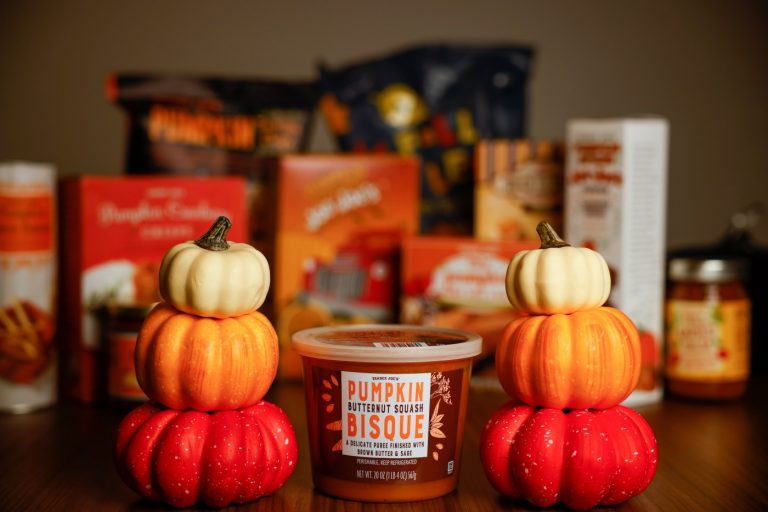

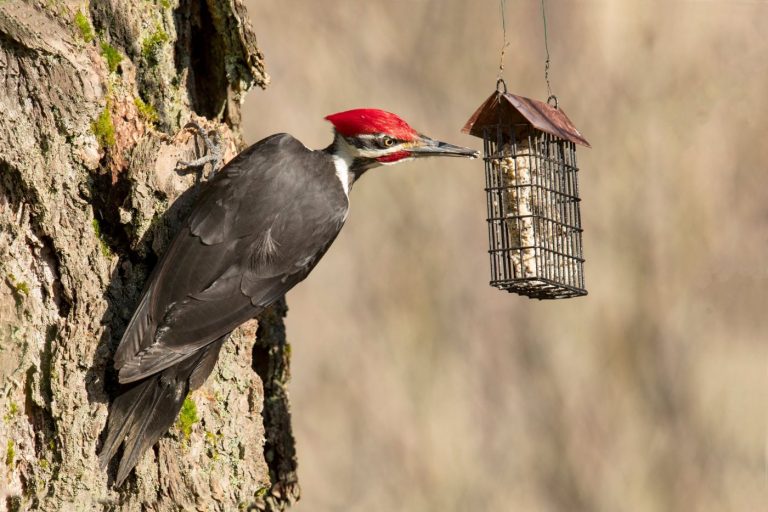
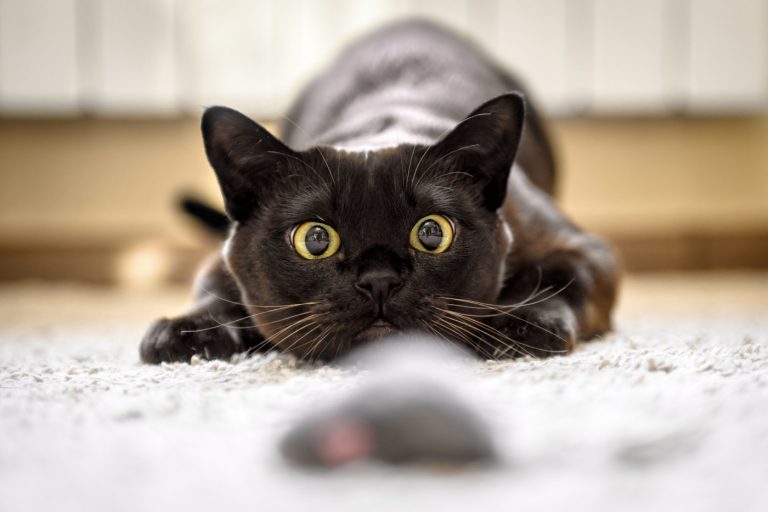
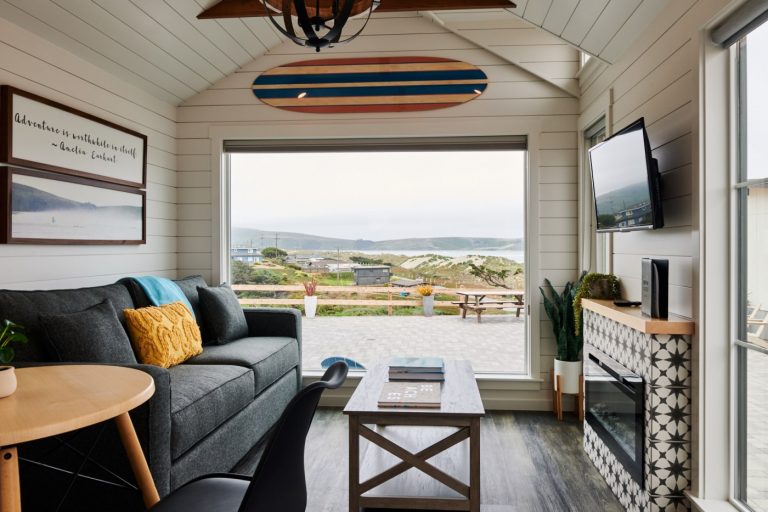
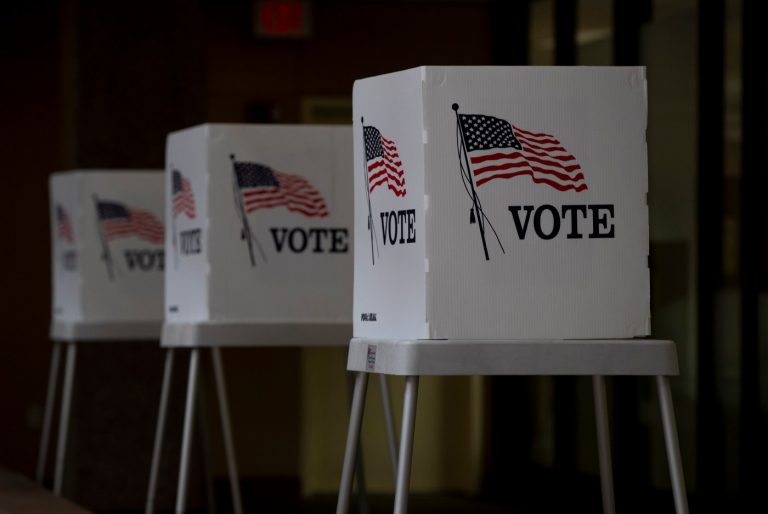

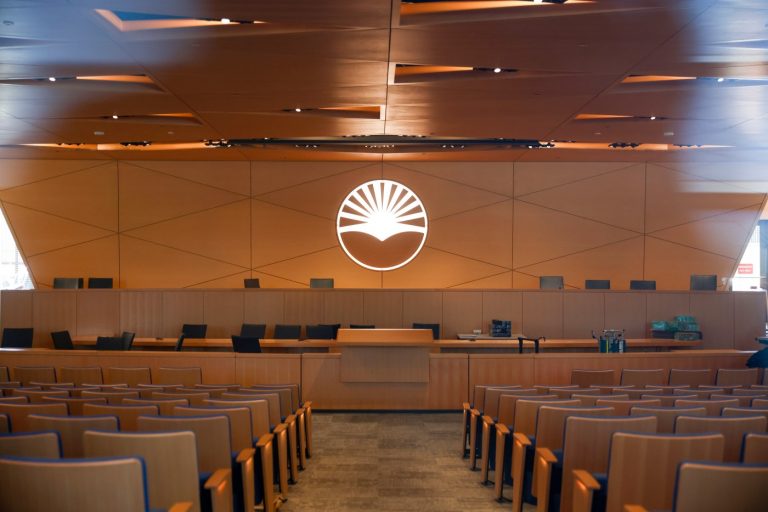
+ There are no comments
Add yours